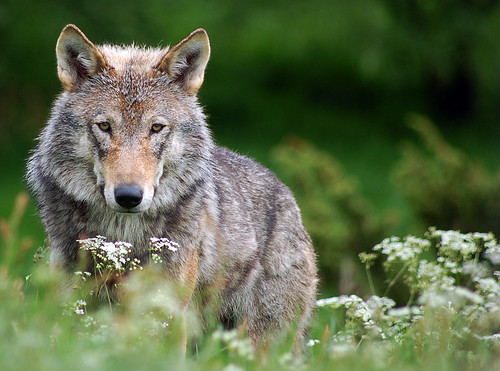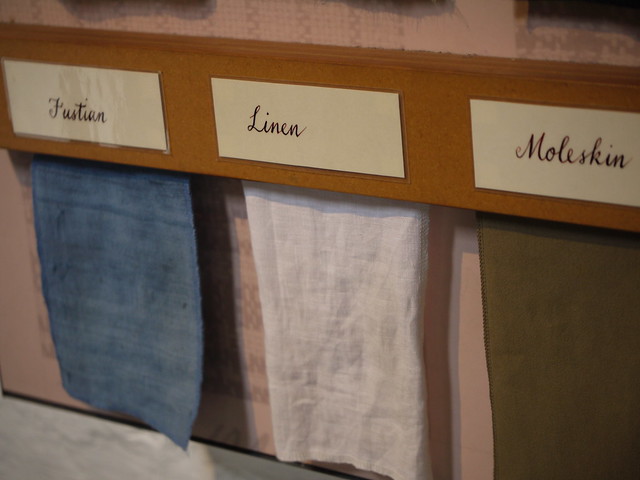
apricot · /AY-pri-kot/ · /ˈeɪprɪˌkɒt/. noun. Formerly apricock or abrecock. The stone fruit of the Himalayan tree Prunus armeniaca, of the rose family. The tree itself. The color of the fruit. ¶ From Catalan abercoc and Portuguese albricoque, from Arabic al-birquq, through Byzantine Greek berikokkia, from Latin praecoquum (early-ripening fruit) … from which we also get the word precocious. ¶ The original Proto-Indo-European root pekw- is the source many other words including: kitchen, pumpkin, biscuit, charcuterie, ricotta, kiln and (dys)peptic.
[Read more…]








